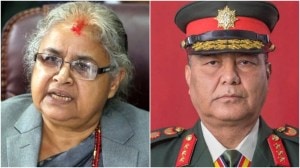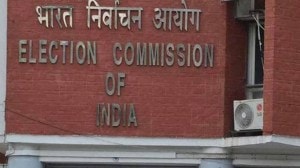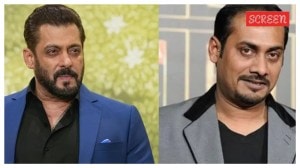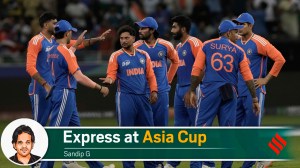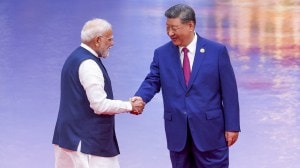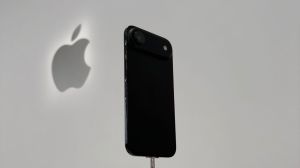Stay updated with the latest - Click here to follow us on Instagram
Nobel winner recalls flunking his first college chemistry exam
Scientists Moungi Bawendi, Louis Brus and Aleksey Ekimov won the 2023 Nobel Prize in Chemistry for their discovery of tiny clusters of atoms known as quantum dots, widely used today to create colours in flat screens, LED lamps and devices that help surgeons see blood vessels in tumours.
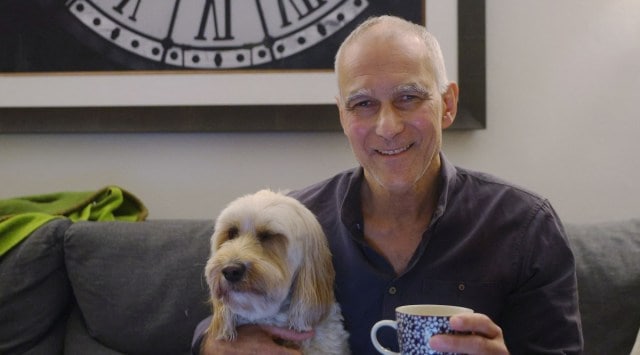 Moungi Bawendi, a professor at the Massachusetts Institute of Technology (MIT), sits with his dog Phoebe at home after winning the 2023 Nobel Prize in Chemistry. (Reuters)
Moungi Bawendi, a professor at the Massachusetts Institute of Technology (MIT), sits with his dog Phoebe at home after winning the 2023 Nobel Prize in Chemistry. (Reuters) In a tale that embodies the message on never giving up, Nobel Prize winner Moungi Bawendi recalled flunking his chemistry exam as a first-year undergraduate student.
“I got 20 out of 100, it was the lowest grade in the class, and I thought, ‘Oh no, this is the end of me, what am I doing here?'” he was quoted as saying by Reuters.
Scientists Bawendi, Louis Brus and Aleksey Ekimov won the 2023 Nobel Prize in Chemistry for their discovery of tiny clusters of atoms known as quantum dots, widely used today to create colours in flat screens, light emitting diode (LED) lamps and devices that help surgeons see blood vessels in tumours.
Born in Paris in 1961, Bawendi went on to be hired by AT&T Bell Labs in 1972 where he spent 23 years, devoting much of the time to studying nanocrystals. In 1993, Bawendi revolutionised the production of quantum dots and improved their quality.
He is now a professor at the Massachusetts Institute of Technology (MIT) in the US. Brus is a professor emeritus at Columbia University and Ekimov works for Nanocrystals Technology Inc, both in New York.
Announcing the Nobel Prize in chemistry, the Royal Swedish Academy of Sciences said that the research of the three U.S.-based scientists on quantum dots, which in size ratio have the same relationship to a football as a football to Earth, had “added colour to nanotechnology.” “Researchers believe that in the future they could contribute to flexible electronics, tiny sensors, thinner solar cells and encrypted quantum communication,” the academy said in a statement.
Chemistry laureates include scientific greats like radioactivity pioneer Ernest Rutherford and Marie Curie.
With inputs from agencies
Photos



- 01
- 02
- 03
- 04
- 05







